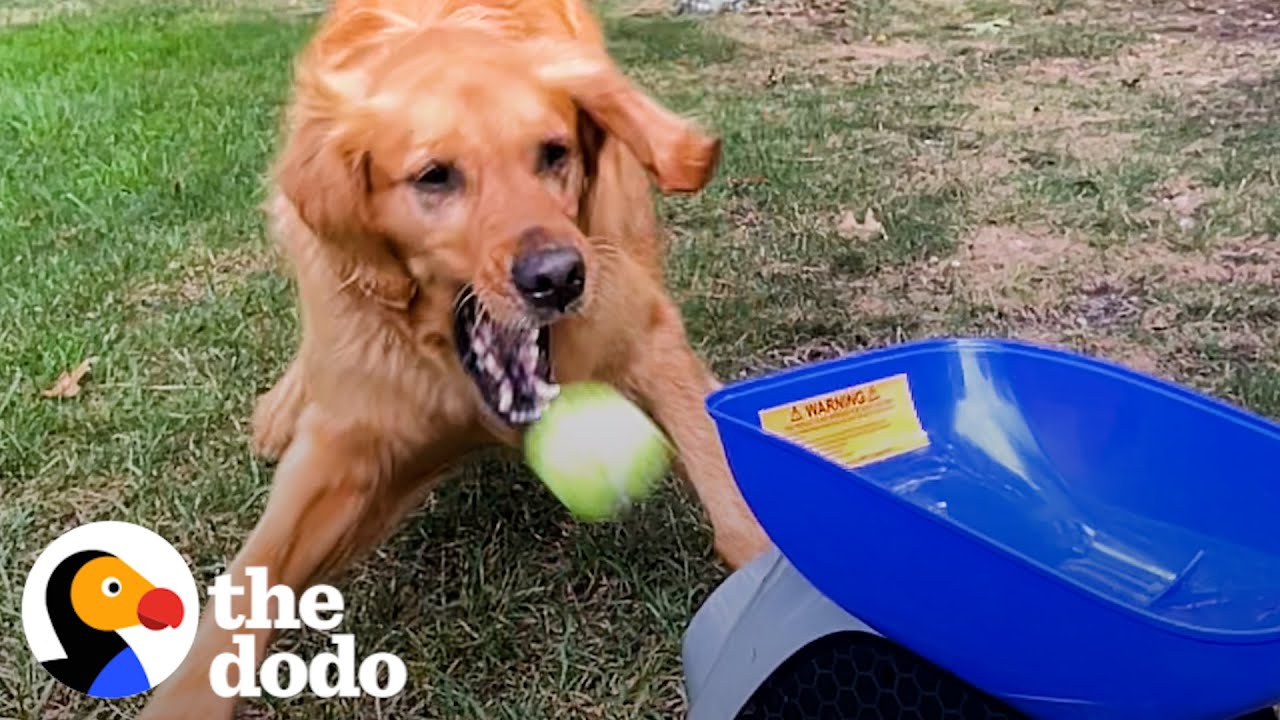Golden Retrievers are known for their friendly and energetic personalities, but like all breeds, they are susceptible to joint issues as they age. Proper care and attention to their joint health can help keep them active and pain-free well into their senior years. In this article, we will discuss some proactive steps you can take to maintain your Golden Retriever’s joint health and mobility.
Exercise
Regular exercise is crucial for keeping your Golden Retriever’s joints healthy and mobile. Make sure to provide a balanced mix of activities, including walking, running, swimming, and playtime. Avoid high-impact activities that can put stress on their joints, especially as they get older.
Weight Management
Obesity is a major contributing factor to joint issues in dogs, so it’s important to keep your Golden Retriever at a healthy weight. Feed them a balanced diet and monitor their calorie intake to prevent excess weight gain. Regular exercise also plays a key role in weight management.
Supplements
Adding joint supplements to your Golden Retriever’s diet can help support their joint health. Look for supplements that contain glucosamine, chondroitin, and omega-3 fatty acids, which are known to reduce inflammation and promote joint lubrication.
Regular Vet Check-ups
Regular veterinary check-ups are essential for monitoring your Golden Retriever’s joint health. Your vet can assess their overall condition and recommend any necessary treatments or modifications to their care routine. Early detection of joint issues can help prevent further damage.
Comfortable Sleeping Area
Provide your Golden Retriever with a comfortable and supportive sleeping area to help reduce joint strain. Consider investing in an orthopedic dog bed or adding extra padding to their existing bed. This can help alleviate pressure on their joints while they rest.
Low-Impact Activities
As your Golden Retriever ages, consider incorporating more low-impact activities into their routine. Gentle exercises like swimming, easy walks, and stretching can help maintain their mobility without putting too much strain on their joints. Be mindful of any signs of discomfort or stiffness.
Conclusion
By taking proactive steps to maintain your Golden Retriever’s joint health and mobility, you can help them enjoy a happy and active life for years to come. Regular exercise, weight management, supplements, veterinary check-ups, a comfortable sleeping area, and low-impact activities are all important components of a comprehensive care routine for your furry friend.
FAQs
Q: How often should I exercise my Golden Retriever?
A: Aim for at least 30 minutes of moderate exercise per day, but adjust based on your dog’s age, fitness level, and health condition.
Q: Are there specific foods that can help support joint health?
A: Some dog foods contain ingredients like glucosamine and chondroitin that are beneficial for joint health. Consult with your vet to find the best options for your Golden Retriever.
Q: When should I start incorporating joint supplements into my Golden Retriever’s diet?
A: It’s never too early to start. Joint supplements can be beneficial at any age, but they are especially important for senior dogs or those with existing joint issues.
References
1. American Kennel Club – “Golden Retriever Health and Care” – https://www.akc.org/dog-breeds/golden-retriever/
2. PetMD – “3 Ways to Help Prevent Joint Problems in Dogs” – https://www.petmd.com/dog/general-health/3-ways-help-prevent-joint-problems-dogs
3. Veterinary Information Network – “Arthritis in Dogs” – https://www.vin.com/vetzinsight/default.aspx?pid=14352&id=8401902
Disclaimer
The information provided on goGoldenRetriever.com is for general informational purposes only and is not intended as medical advice. The content on this website is not intended to be a substitute for professional veterinary advice, diagnosis, or treatment. Always seek the advice of a qualified veterinarian or other qualified healthcare provider with any questions you may have regarding your Golden Retriever’s health or medical condition.
Learn more
















